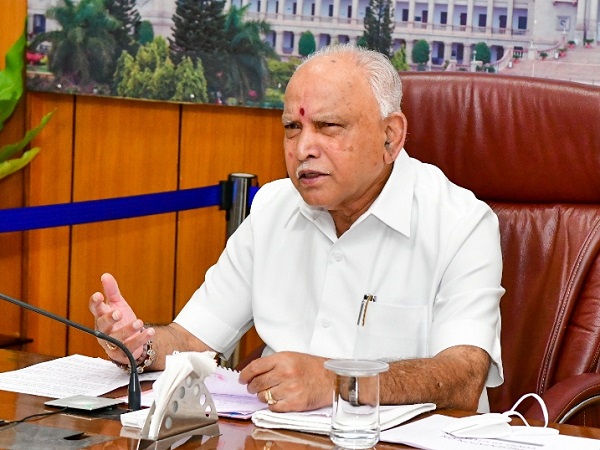Bengaluru, (Samajweekly) Karnataka will issue caste and income certificates to Brahmins in the southern state to reduce the socio-economic inequality faced by the community, an official said on Thursday.
“A notification has been issued to tehsildars in all 30 districts to issue caste and income certificates to Brahmins so that they can also benefit from the government schemes and scholarships,” a Revenue Department official told IANS here.
The notification comes a month after the Karnataka State Brahmin Development Board on June 10 appealed to Chief Minister B.S. Yediyurappa to issue the certificates to the traditionally dominant community, which accounts for 3 per cent of the 7 crore state population.
“Though Brahmins are in ‘minority’ in terms of their population across the state, they need caste and income certificates to benefit from the welfare schemes meant for the economic weaker sections such as SC, ST and OBC groups,” the official said.
The board was set up in March 2019 as a state-run company with Rs 5 crore authorised capital and Rs 5 crore equity and is registered with the Registrar of Companies.
The notification was issued to the local bodies and taluk offices after several members of the community complained to state Revenue Minister R. Ashoka that they were unable to benefit from the welfare schemes in the absence of the certificates.
The certificates will also help students from the community to avail scholarships for higher studies from the state-funded board if their gross annual family income is less than Rs 8 lakh per year.
The board has also urged the state government to implement the 10 per cent quota for its community members under the economically weaker sections, as applicable for Central government jobs and admissions to central institutions.
Noting that every community has people who are forward and backward economically for various reasons, including historical, the official said the board would be empowered to serve the Brahmins.
“The board will provide interest-free loans to the financially weaker sections of the community,” said its Chairman H.S. Sachidananda Murthy.









